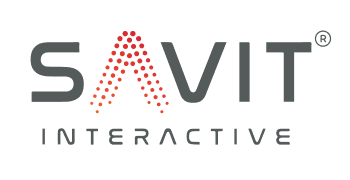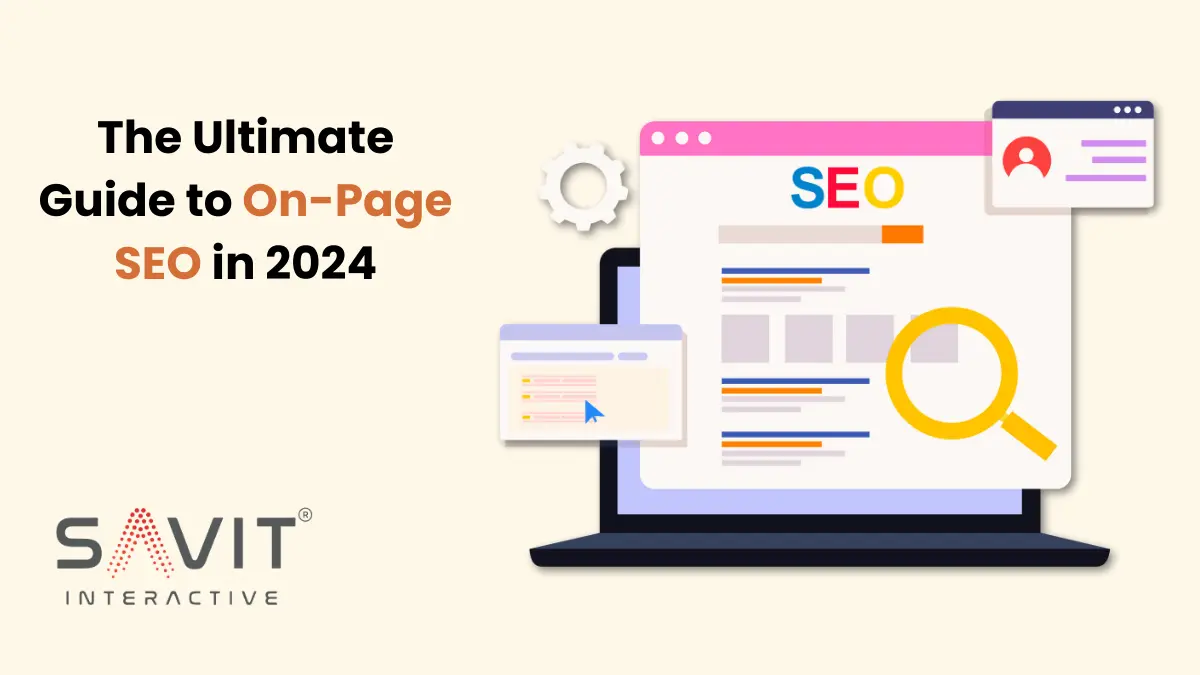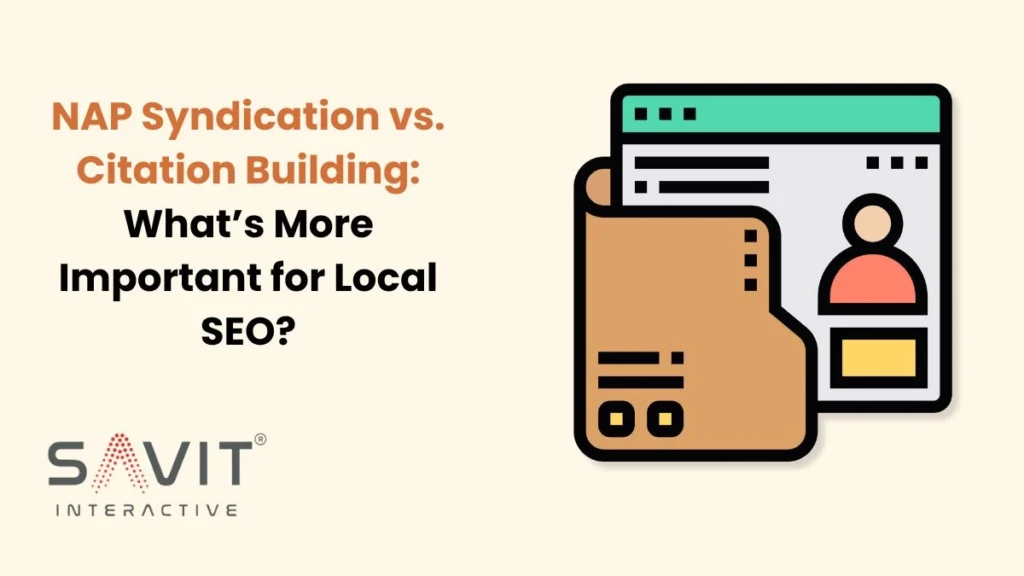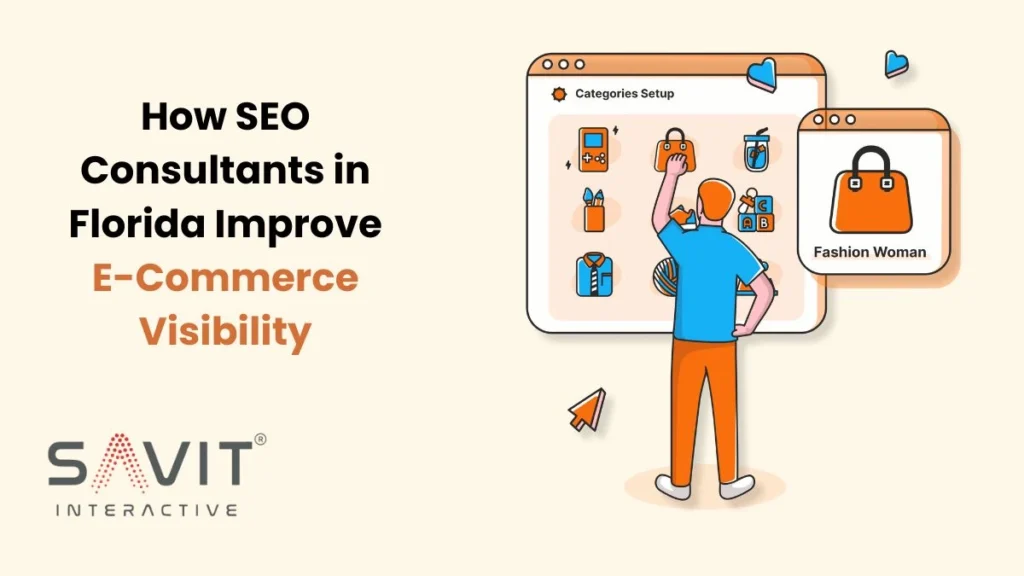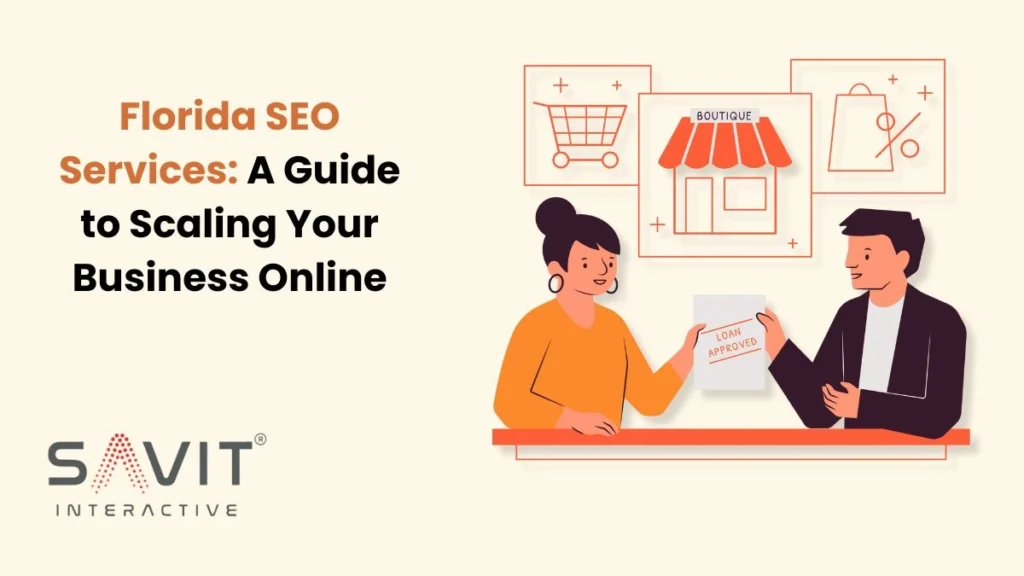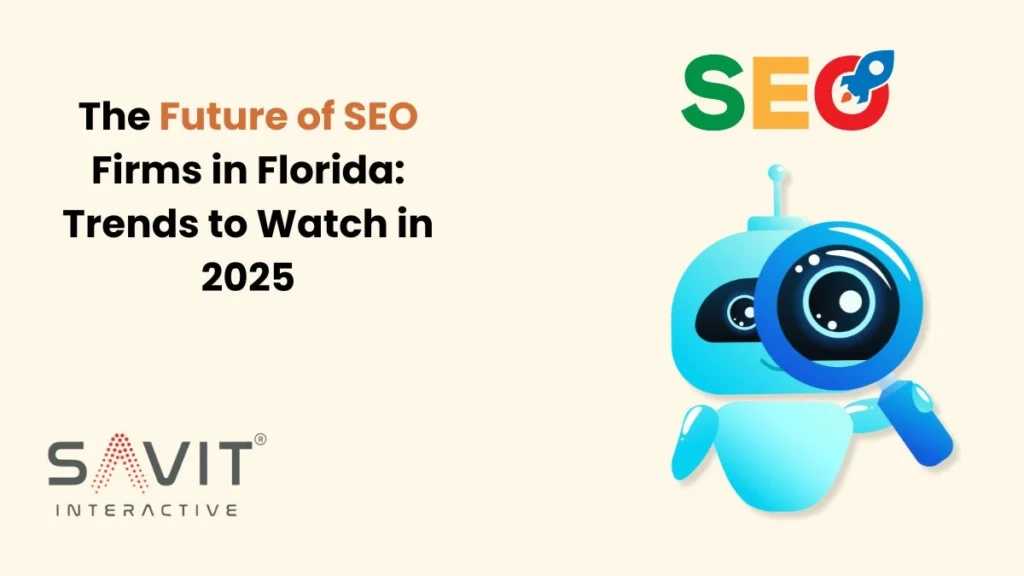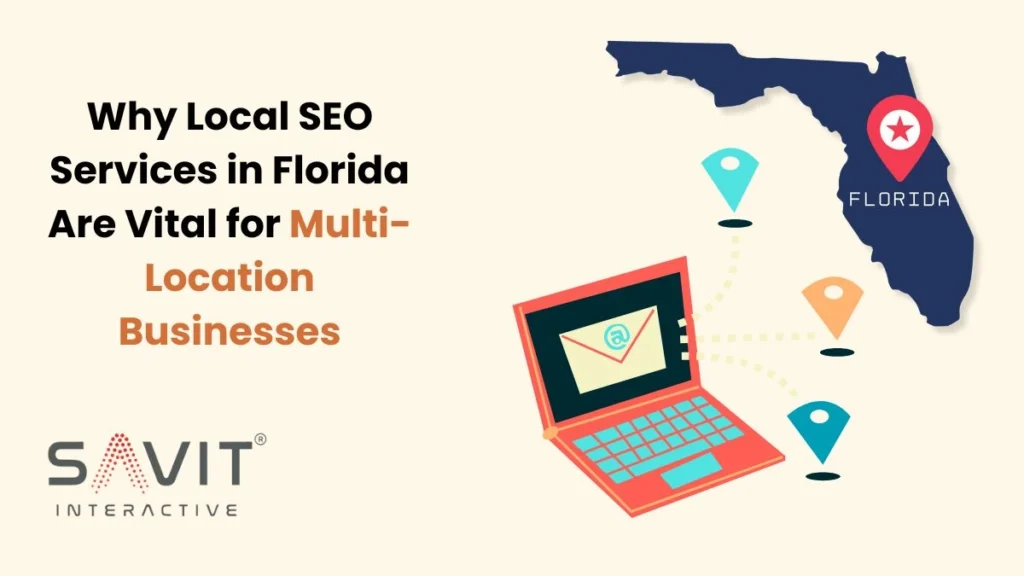Businesses are finding it extremely difficult to improve and sustain their online presence. Getting strong internet visibility is one of the biggest obstacles.
Low website traffic and poor search engine rankings are major problems for many businesses, which lowers brand awareness and decreases engagement opportunities. This lack of visibility typically results in ineffective lead generation, which impedes sales efforts and results in missed revenue opportunities due to low conversion rates and high bounce rates.
Effective SEO tactics are required to address these problems, and on-page SEO is essential. Optimizing individual web pages to conform to search engine algorithms and user expectations is known as on-page SEO. This optimization raises a website’s search engine rankings, increases its relevancy, and enhances user experience.
In 2024, the significance of on-page SEO will increase as search algorithms change and user expectations progress. Read this guide to get a complete understanding of this essential technique.
What is On-Page SEO?
The term “on-page SEO” refers to the methods and techniques used to enhance individual web pages in order to improve search engine rankings and draw in more relevant traffic. It includes changing your website’s components to improve its usability and appeal to search engines. One of the main focusses of on-page SEO is:
- Title Tags: These are critical as they appear in search results and browser tabs.
- Meta Descriptions: These provide a summary of the page content and appear below the title tag in search results.
- Header Tags: These help organize content and include H1, H2, H3, etc.
- URL Structures: Clean, descriptive URLs improve both user experience and search engine rankings.
- Content Optimization: Includes integrating relevant keywords naturally, ensuring readability, and using multimedia elements.
Essential On-Page SEO Techniques for 2024
For any effort to yield positive outcomes, a system is required. The best way to guarantee success with every tactic you use is to adhere to a blueprint. You will obtain a blueprint which our SEO Company follows as you continue reading the blog.
Title Tags and Meta Descriptions
Best Practices: Create captivating meta descriptions and title tags that are packed with keywords. For search results to grab users’ attention, they should appropriately represent the content of the page and contain the main keywords.
Impact: Well-optimized title tags and meta descriptions can significantly boost click-through rates (CTR) and search visibility. According to recent data, pages with optimized title tags and meta descriptions saw a 20% increase in CTR.
Header Tags (H1, H2, H3)
Usage: Content that is properly arranged using header tags is arranged in a hierarchy that is simpler for users and search engines to comprehend. Make sure that you use header tags to logically organize content and to incorporate appropriate search terms.
Benefits: Header tags help search engines comprehend the page structure and improve the readability of the content. Utilizing header tags wisely can raise user engagement and search engine rankings.
URL Structure
Guidelines: Create clean, descriptive URLs that include target keywords. Avoid long and complex URLs as they can confuse users and search engines alike.
SEO Benefit: Both user experience and search engine rankings are enhanced by well-structured URLs. For example, short and pertinent URLs rank higher in search results.
Content Optimization
Techniques: Use multimedia elements like images and videos to increase user engagement, optimise for readability, and naturally incorporate appropriate keywords throughout your content.
Statistic: Content that is well-optimized for both search engines and user experience can increase page views by up to 40% (Source: Moz). Well-structured content not only attracts visitors but also encourages them to stay longer on your site.
Advanced On-Page SEO Strategies
Now that you have mastered the fundamentals of surface-level SEO, it’s time to step up to the next level. As an SEO Company, we want to shed light on the following actions which must be executed to guarantee that your website develops into a performance powerhouse and yields monetary results.
Schema Markup
Implementation: Use schema markup to provide search engines with additional context about your content. This structured data helps search engines understand the information on your page better.
Effectiveness: The utilization of schema markup can result in improved click-through rates by enhancing search visibility via rich snippets. One effective way to display answers in search results is through a well-implemented FAQ schema.
Mobile Optimization
Importance: With a responsive design, make sure your website is optimized for mobile devices. Search engines favor mobile-friendly websites in their rankings, so mobile optimization is essential.
Impact: Better user experiences and higher search engine rankings are enjoyed by mobile-friendly websites. Given that mobile devices account for 50% of all website traffic worldwide (Source: Statista), mobile optimization is essential for SEO success.
Page Speed
Optimization Tips: Reduce the amount of code, take advantage of browser caching, and compress images to speed up page loads.
Benefits: Reduced bounce rates and higher rankings are the outcomes of faster loading webpages. The significance of speed for user satisfaction and SEO is highlighted by research that indicates a 1-second lag in page load time can result in a 7% decrease in conversions (Source: Google).
Internal Linking
Strategy: Use internal links to connect related content and improve site navigation. This practice helps distribute page authority throughout your site and improves user engagement.
SEO Value: Improved site navigation, more page views, and an improved user experience all result from internal linking, which can raise a website’s search engine ranking.
Common On-Page SEO Mistakes to Avoid
Things can still go wrong even if you adhere to a framework and make it to the advanced summit. Based on our experience, we know where you might make a mistake. To ensure that you receive fruitful SEO results, steer clear of these mistakes:
Keyword Stuffing
Problem: Overusing keywords can harm readability and lead to search engine penalties. This practice, known as keyword stuffing, was once a common tactic but is now penalized by search engines.
Solution: Prioritize user experience while concentrating on organic keyword integration. Make sure that the way you use keywords adds value to the content, not takes away from it.
Duplicate Content
Issue: Duplicate content can dilute SEO efforts and confuse search engines, leading to lower rankings. It often arises from copying content across multiple pages or sites.
Prevention: Check that every page has unique content by designating which version of a page is preferred using canonical tags. This strategy maintains SEO efficacy and helps avoid duplicate content problems.
Ignoring User Experience
Impact: Poor user experience can lead to high bounce rates and low rankings. Factors such as slow page speeds, difficult navigation, and irrelevant content negatively affect user satisfaction.
Improvement: Prioritize design, usability, and content relevance. A user-friendly site with relevant and engaging content encourages visitors to stay longer and interact with your site.
Measuring the Success of On-Page SEO
Iterate and learn—these are essential components to mastering any skill. These are the factors that every SEO company executes in order to learn and adjust their SEO strategy; as a business, being aware of them would only be beneficial.
Analytics Tools
Usage: Utilize tools like Google Analytics and Google Search Console to track performance metrics.
Metrics to Monitor: Focus on organic traffic, bounce rates, conversion rates, and keyword rankings. Several providers of SEO services regularly review these metrics without fail to identify areas for improvement and measure the effectiveness of the concerned SEO efforts.
Regular Audits
Frequency: Conduct periodic SEO audits to identify and address issues related to website performance and compliance with current SEO standards.
Benefits: Regular audits ensure ongoing optimization and adaptation to algorithm changes, helping to maintain and improve search engine rankings over time.
Conclusion
Acquiring proficiency on-page In 2024, SEO will be crucial to getting and keeping high search engine rankings. Businesses can improve the functionality and visibility of their websites by concentrating on optimizing title tags, header tags, and content, as well as by avoiding common errors. Not only will these tactics help you with your current SEO issues, but they will also set up your website for long-term success and increased visibility
You have to put in a lot of time to learn the subtleties of on-page SEO if you want to be an expert at it. But your journey doesn’t stop there. Achieving comprehensive success in SEO requires getting off-page and technical SEO right as well. Using professional SEO services is often the best option if you want to take a comprehensive approach to your SEO strategy. Your SEO efforts will be optimized in every way thanks to experience of hardened SEO specialists, making a more significant and comprehensive impact.
Contact Savit Interactive today to discover how our on-page optimization experts can boost your online visibility and help you stay one step ahead of your competitors.
